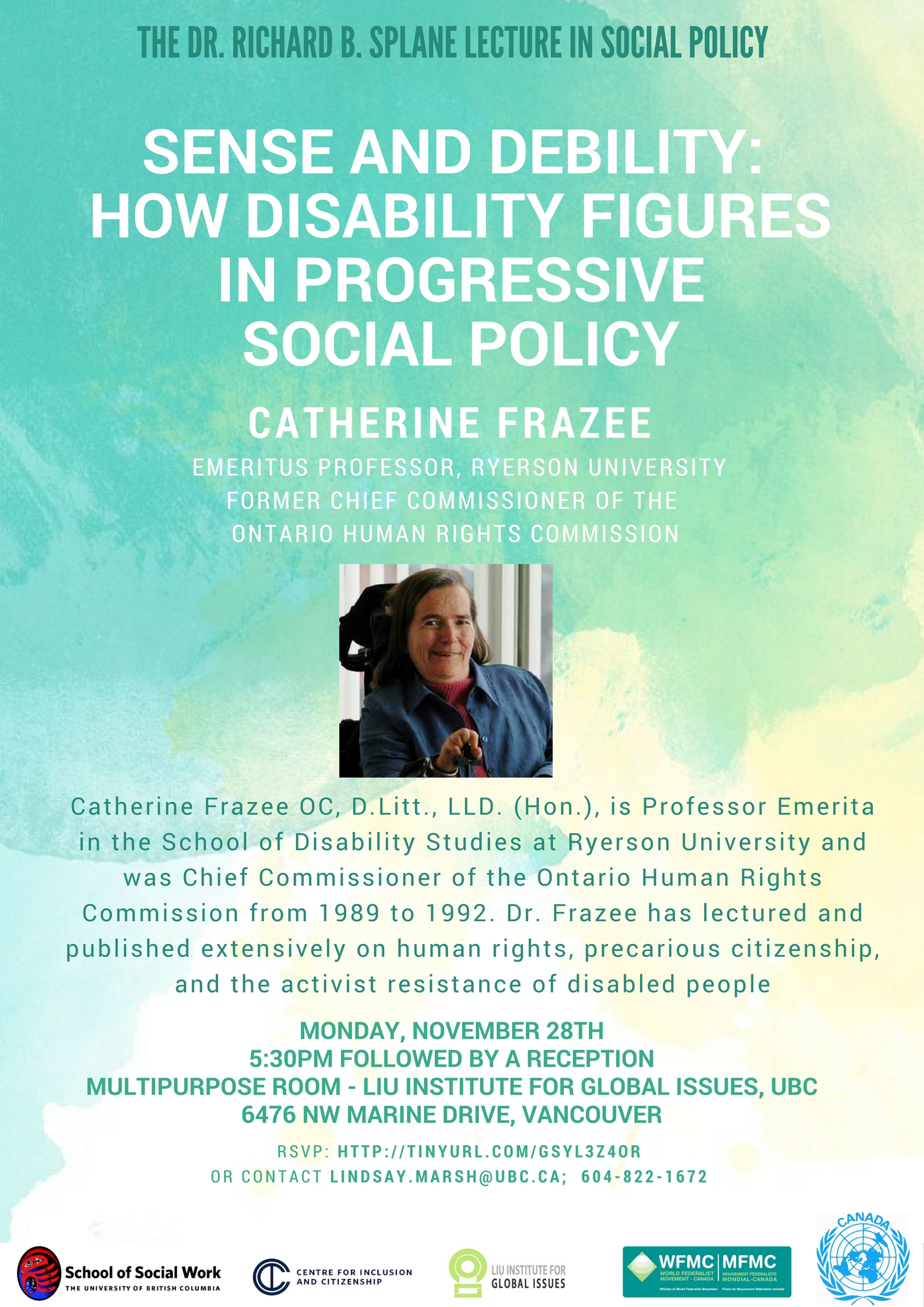NEW – December 12, 2018
The Council of Canadian Academies (CCA) has released its Experts Panel Report on Medical Assistance in Dying.
CIC Director Dr. Tim Stainton was privileged to serve as an expert on this panel.
[/youtube]
Summary
In December 2016, the CCA was asked by then Minister of Health Jane Philpott and Minister of Justice and Attorney General of Canada Jody Wilson-Raybould to undertake independent reviews related to medical assistance in dying (MAID). Specifically, the CCA was tasked with examining three particularly complex types of requests for MAID that were identified for further review and study in the legislation passed by Parliament in 2016: requests by mature minors, advance requests, and requests where a mental disorder is the sole underlying medical condition.
On December 12, 2018 the CCA released the three final reports of the Expert Panel, one on each type of request: The State of Knowledge on Medical Assistance in Dying for Mature Minors; The State of Knowledge on Advance Requests for Medical Assistance in Dying; and The State of Knowledge on Medical Assistance in Dying Where a Mental Disorder is the Sole Underlying Medical Condition.
For more information about the Centre for Inclusion and Citizenship’s work in this area, review the Human Flourishing Research Project.
NEW – November 2018
The United Nations Populations Fund has released
This resource, developed by the United Nations Population Fund and Women Enabled International, provides practical and concrete guidance on the provision of inclusive and accessible services related to gender-based violence (GBV) and sexual and reproductive health and rights (SRHR) for women and young persons with disabilities. While the primary audience is GBV- and SRHR-related service providers, the guidelines are a valuable resource for all stakeholders — including those in government, international organizations, and non-governmental organizations — involved in designing, developing, implementing or advocating for GBV or SRHR services for women and young persons with disabilities. The recommendations are aimed at all settings, including low-, middle- and high-resource settings, as well as humanitarian emergency settings.
